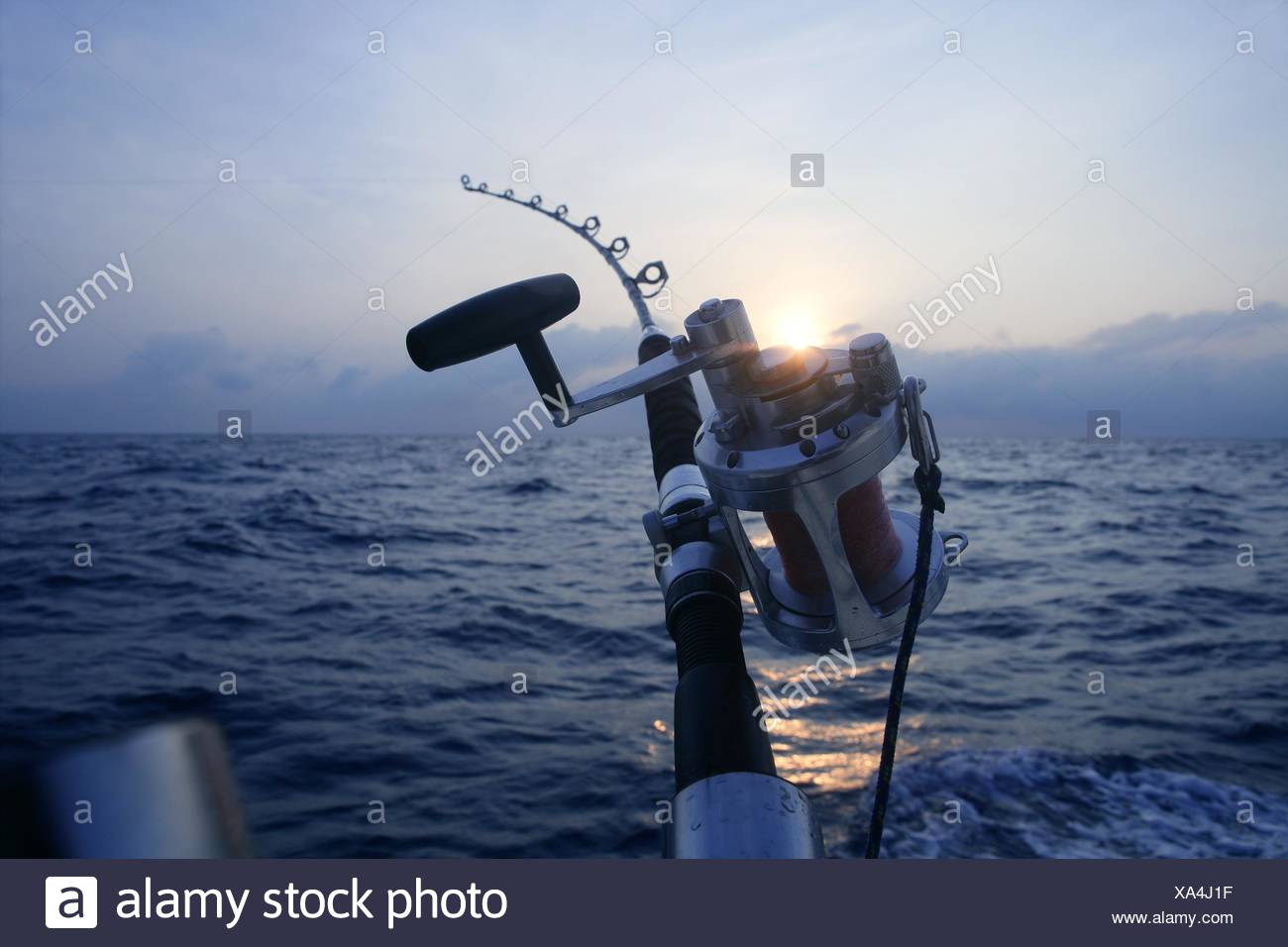

Orcas use groups, called “pods,” to hunt. If orcas are playful enough to tease their trainers, they’re almost certainly intelligent enough to understand other states of mind – a sure marker of intelligence. “She made eye contact with him and subjectively assessed her message to be ‘I got you,’” researchers noted. For example, in one study, orcas beached themselves on land, presumably for food or belly rubs, and then lightly pinned down the humans who approached them. Orcas are also known to play pranks and jokes on other orcas and humans, which indicates Theory of Mind.

The orcas used echolocation to understand his injuries, and then gently pushed him towards the edge of the tank so he could crawl to safety. For example, in SeaWorld in 1979, one animal trainer injured his ribs in the water with orcas. Orcas in captivity have been shown to understand other orcas’ desires and sensations, even across species. It seems basic, but even human babies need to develop this complex cognitive ability throughout infancy. There is evidence that orcas possess Theory of Mind, a psychological term that describes the ability to understand that other beings contain thoughts, goals and feelings that are different from our own.


 0 kommentar(er)
0 kommentar(er)
